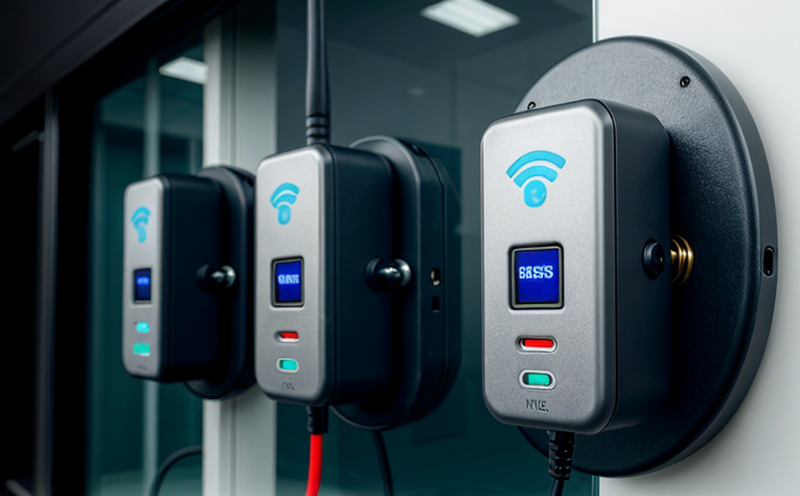5G Network Security Compliance Testing
The advent of 5G technology has revolutionized global communication networks. However, with this transformation comes new challenges in securing these networks against vulnerabilities and threats. Our 5G Network Security Compliance Testing service ensures that network operators and manufacturers adhere to the highest standards set by international bodies such as ISO/IEC, IEEE, and ETSI for secure 5G deployments.
The testing process is designed to evaluate how well a network complies with security requirements defined in standards like ISO/IEC 27018, ETSI TS 136.243, and others that pertain specifically to privacy, data protection, and secure communication protocols.
The testing protocol includes a series of rigorous steps aimed at identifying potential weaknesses in the network architecture and software components. This involves conducting both static and dynamic analysis, simulating real-world attack scenarios, and verifying compliance with specified security policies. The goal is to ensure that any 5G network deployed meets stringent criteria for confidentiality, integrity, and availability.
Our team of experts uses advanced tools and methodologies tailored specifically for assessing the robustness of 5G networks against current and emerging threats. By leveraging these resources, we can provide comprehensive insights into your network's security posture and help you identify areas where improvements are necessary.
Understanding that every organization has unique requirements when it comes to network security, our service is flexible enough to accommodate various testing needs. Whether you're looking for a full end-to-end assessment or just specific aspects like encryption strength or vulnerability scanning, we can tailor our approach accordingly.
Industry Applications
- Telecommunications Providers: To ensure their networks meet all relevant regulatory requirements and industry best practices.
- Manufacturers of Network Equipment: To validate the security features incorporated into new devices before they go to market.
- R&D Engineers: For prototyping and validating concepts in a controlled environment prior to large-scale implementation.
The demand for secure 5G networks is driven by several factors including increased data traffic, enhanced connectivity speeds, lower latency rates, and more reliable services. As these benefits become increasingly important across various sectors—from healthcare to manufacturing—the necessity for robust security measures cannot be overstated.
Our service supports organizations in meeting these demands through thorough testing that addresses all key components of a 5G network infrastructure including base stations, core networks, user equipment (UE), and software applications running on both the UE and network side. Each component plays an essential role in ensuring seamless communication while maintaining high levels of security.
Use Cases and Application Examples
| Use Case | Description |
|---|---|
| Network Intrusion Detection System (NIDS) Testing | Testing NIDS to ensure they can accurately identify malicious activities without false positives. |
| Virus and Malware Scanning | Evaluating the effectiveness of virus scanners in detecting and quarantining harmful software. |
| Data Encryption Testing | Assessing the strength and reliability of encryption algorithms used within 5G networks. |
One notable application is the testing of NIDS, which plays a crucial role in monitoring network traffic for signs of unauthorized access or potential breaches. By simulating various attack vectors, our experts can determine whether NIDS systems are capable of effectively detecting these threats.
Virus and malware scanning is another critical aspect of 5G security compliance testing. Ensuring that even the smallest pieces of harmful software do not find their way into your network requires meticulous attention to detail during this phase of testing.
Data encryption testing focuses on verifying the integrity of data as it travels through different parts of a 5G network. This includes checking for any vulnerabilities in the encryption processes themselves and ensuring that sensitive information remains protected throughout its journey from source to destination.





